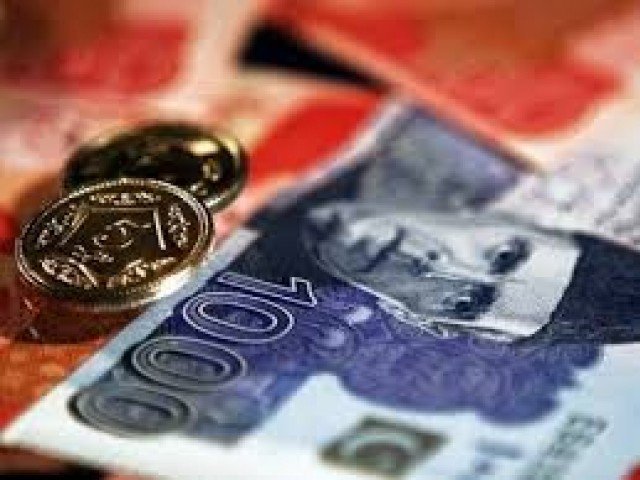The opinions of the senior professors, economists, and analysts who participated in the survey ranged from 50 to 200 basis points on the amount of the SBP’s hike. Two respondents did not believe that a rate increase was necessary.
In order to combat growing inflation, the central bank increased the benchmark interest rate by 150 basis points (bps) in May, bringing the total increase this year to 400 bps.
Pakistan is dealing with a deteriorating currency, declining reserves, and economic unrest. Consumer prices rose by 21.3% in June from a year earlier, according to data released on Friday. This increase was mostly caused by a 90pc increase in fuel costs since the end of May after the government ended its expensive fuel subsidies. Real interest rates in the economy have abruptly turned negative as a result of the current policy rate of 13.75 percent and the high pace of inflation.
Yousuf Nazar, an economist who once worked for Citigroup and now contributes to a number of publications, claimed that the State Bank of Pakistan is significantly behind the curve in projecting inflation based on the most recent announcement from the monetary policy committee.
“Another increase would damage sectors and raise the cost of financing government debt. It won’t significantly affect the exchange rate or overall demand, he continued.
The abrupt end of fuel subsidies, the persistently high price of energy on the global market, and the need to restrain demand after SBP claimed in its most recent policy statement that the economy had recovered much more quickly than expected led the majority of people to believe that a hike was unavoidable.
According to Sakib Sherani, CEO of Macro Economic Insights, “the overall policy mix is focused towards stabilisation and demand control,” adding that this will likely cause a recession in the near future.
However, Ismail Iqbal Securities’ head of research Fahad Rauf stated that he does not see the need for more rate increases. “The economy has already started to slack off. The hiring freeze has already begun, and more cuts are anticipated. Additional cost constraints will simply increase the burden on businesses and employees, according to Rauf.
“The fiscal arm is now operational, and drastic steps have been adopted. Before tightening much more, SBP must wait for the outcomes, he noted.
The SBP’s decision is being closely monitored because Pakistan is anticipating a restart of the eagerly anticipated rescue package from the International Monetary Fund after the nation agreed on certain difficult economic policy measures to promote stability.











